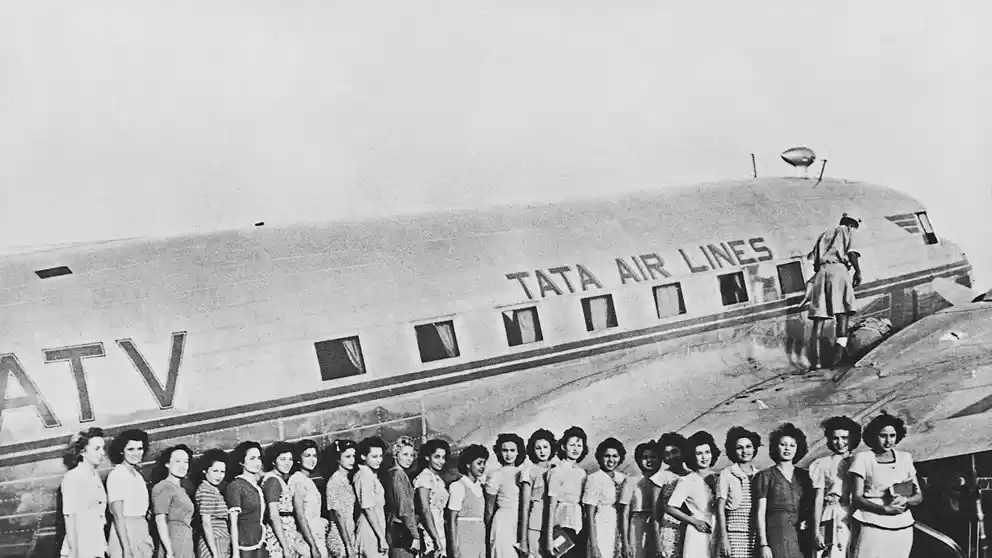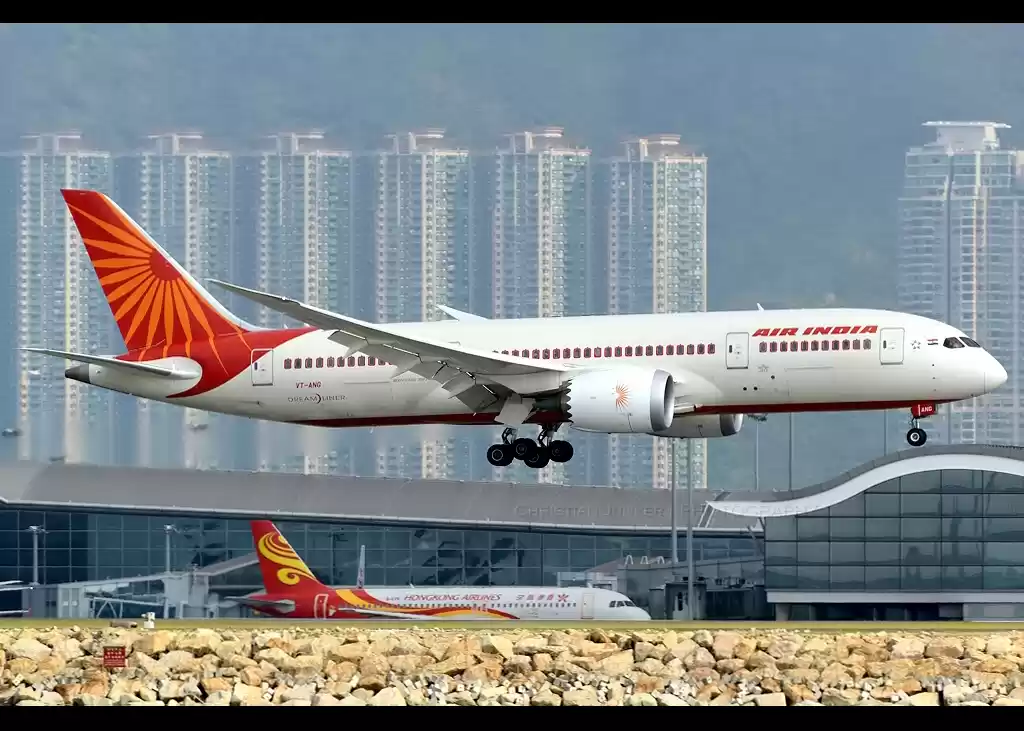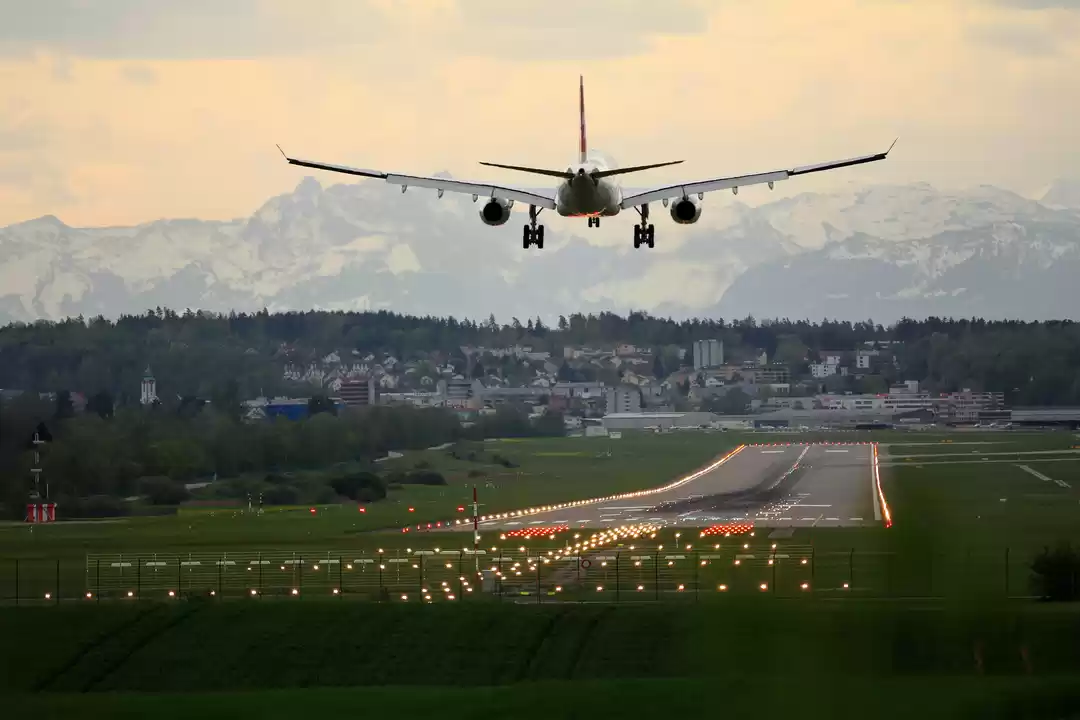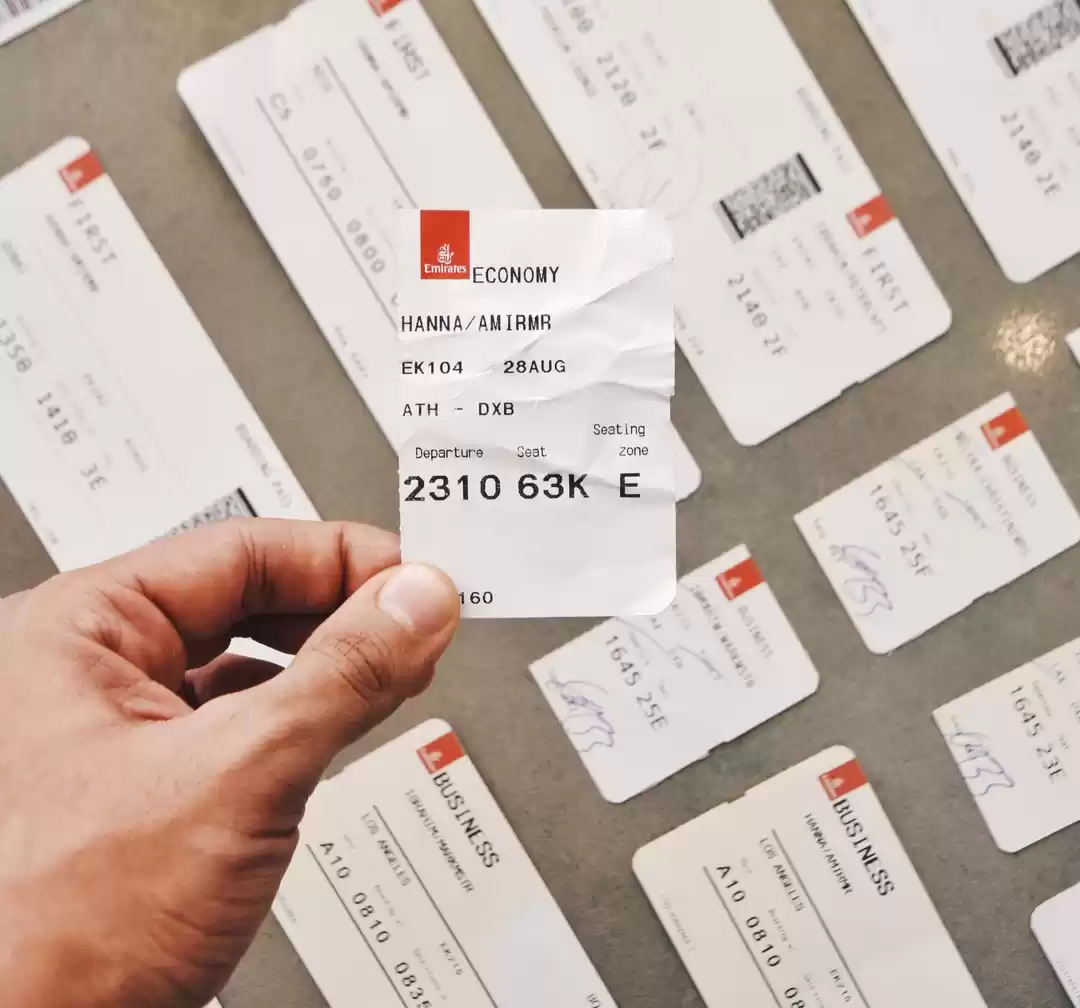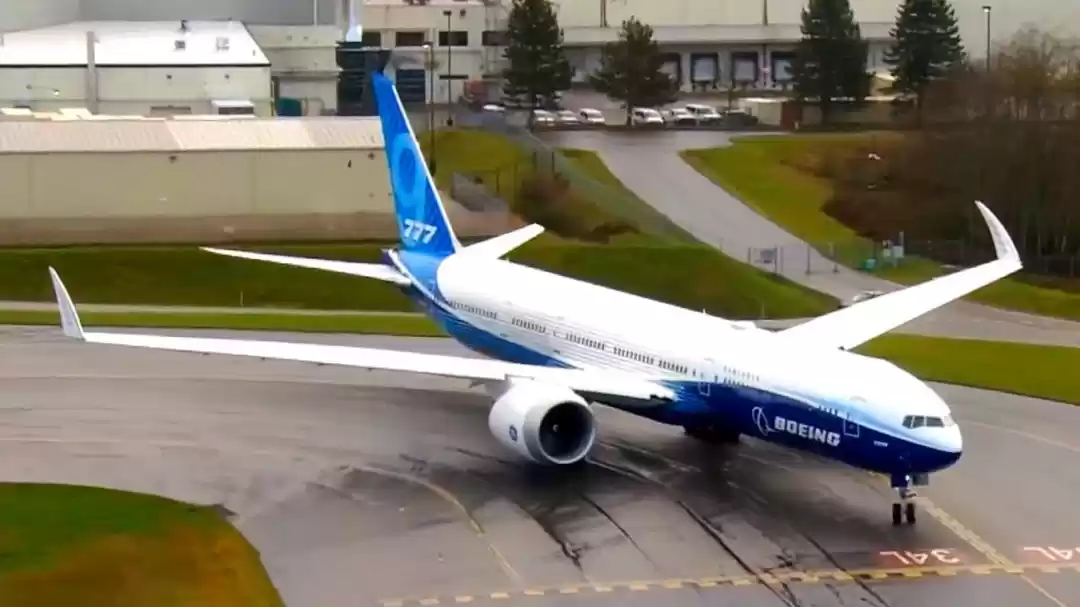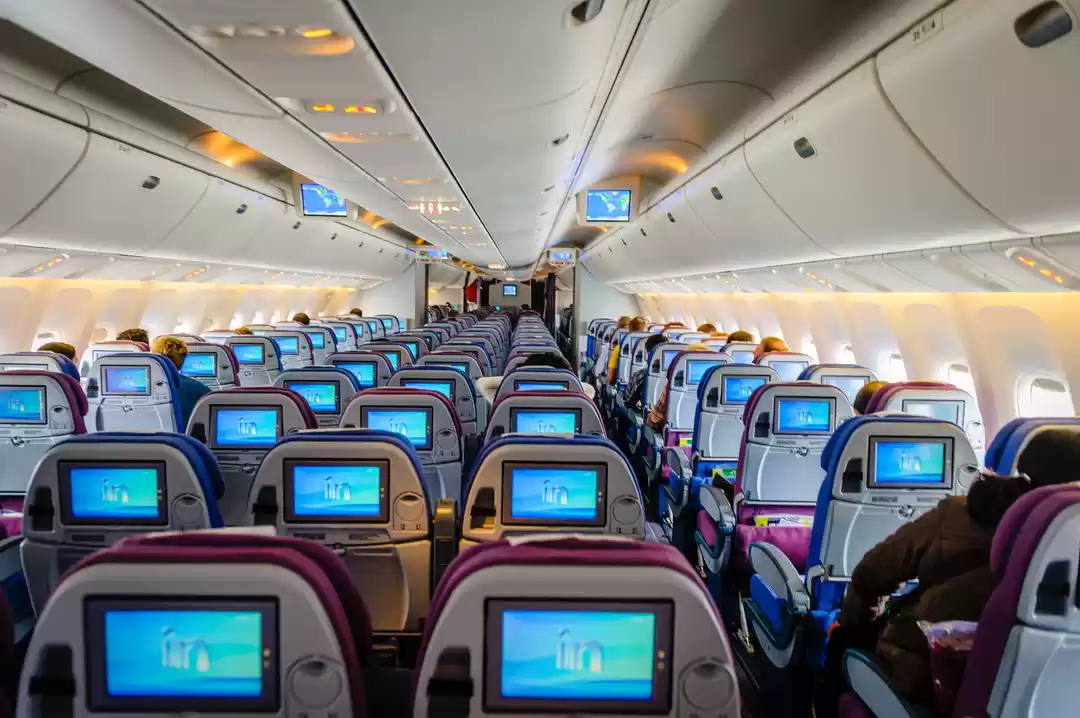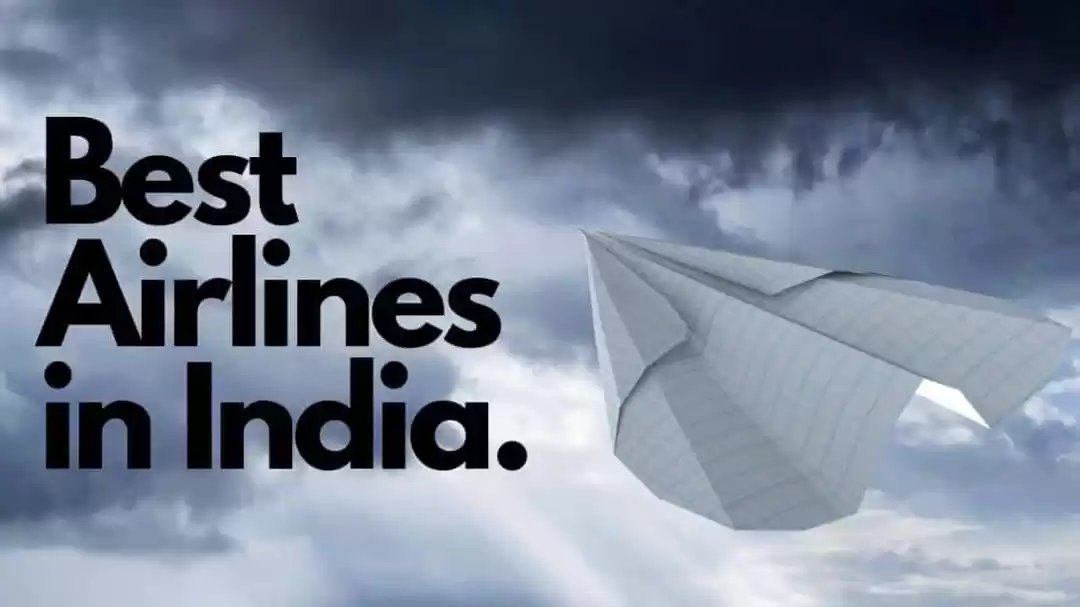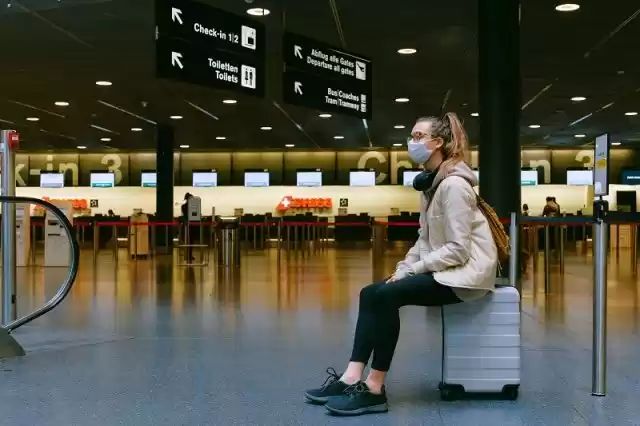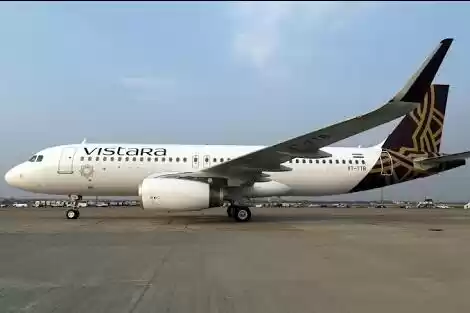
The recent insolvency crisis faced by Go First, a low-cost airline in India, has had significant repercussions on the aircraft leasing industry and could potentially lead to increased costs for domestic carriers and passengers.
The acceptance of Go First's voluntary insolvency plea by the National Company Law Tribunal (NCLT) has raised concerns among global aircraft lessors. In a letter to the tribunal, SMBC Aviation Capital, the world's second-largest aircraft lessor, expressed apprehension about leasing aircraft in India due to perceived risks. This situation has resulted in a market jolt and a crisis of confidence, as lessors have been unable to reclaim leased planes from Go First, further exacerbating the issue.

The demand for air travel in India, the world's third-largest aviation market, has seen a significant surge after the COVID-19 pandemic, leading to a shortage of aircraft for domestic carriers. Most commercial aircraft in the country operate through a sale and lease-back model. The Go First crisis has created panic among lessors, who may now increase leasing costs, thereby raising operational expenses for Indian carriers and, subsequently, ticket prices for customers.
This situation comes at a challenging time when Indian carriers like Air India and IndiGo are looking to expand their fleets to meet the rising demand. Estimates suggest that Indian carriers may require over 2,200 aircraft in the next 20 years if the aviation sector continues to grow at the current pace.
The perception of India as a high-risk jurisdiction could result in higher risk premiums for local airlines, making it more difficult for them to compete with international counterparts. This, in turn, would lead to higher lease rentals for domestic carriers, increasing the overall cost of doing business and impacting ticket prices.

The ruling by the NCLT in favor of Go First has raised concerns that other financially strained airlines might also seek protection under a moratorium. This would further hamper the businesses of lessors, preventing them from repossessing leased planes.
Additionally, lessors have approached the Directorate General of Civil Aviation (DGCA) for the deregistration of leased planes from Go First and other airlines, under the Cape Town Convention (CTC). However, the NCLT's acceptance of Go First's insolvency plea has temporarily halted the repossession process.
The insolvency proceedings of Go First have also drawn attention to compliance with the Cape Town Convention in India. The Aviation Working Group (AWG), an organization representing major aviation manufacturers, leasing companies, and financial institutions, has put India on its watchlist with a negative outlook due to the DGCA's delay in processing deregistration applications.
In conclusion, the Go First crisis has not only impacted the aircraft lessors but also has the potential to raise costs for domestic carriers and passengers. The shortage of aircraft, coupled with increased leasing expenses, may result in higher ticket prices and hinder the competitiveness of Indian airlines in the international market.
For the latest travel news and around the world updates, follow us on Instagram.
Be a part of the largest online community of travelers on Tripoto’s Facebook page!














